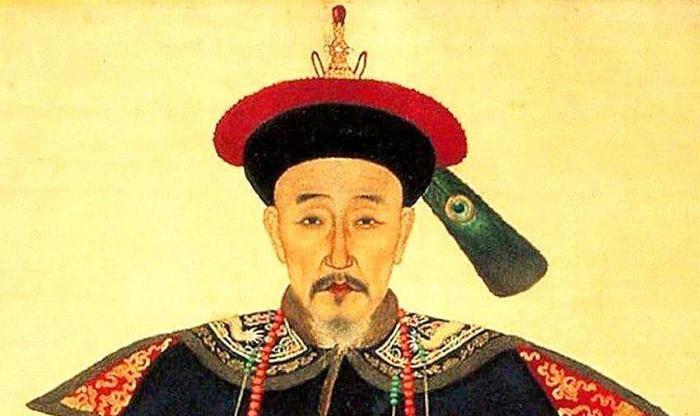In China's long feudal society, dealing with ethnic issues was basically a policy of "non-ethnic groups must have different hearts", and the Han people have always had an attitude of disapproval of ethnic minorities, and called them barbarians. However, after the ethnic minorities occupied the Central Plains, the attitude towards the Han people was not very good, represented by the Yuan and Qing. Needless to say, the four-class system of the Yuan Dynasty is needless to say, and we will focus on the system of the Qing Dynasty.

In the Qing Dynasty, the Manchus were almost always the first to reuse, after all, the Manchus were the ruling class. Moreover, When Han officials saw Manchu officials, they were required to perform rituals. Moreover, the handling methods and sentencing standards for Manchu and Han violations are also different. Therefore, in the early and middle period of the Qing Dynasty, the Manchus were almost the pillars of the imperial court, such as the Pearl of the Kangxi Period, the Suo Ertu, and the Kangxi Period Ah Gui, all of whom were top ministers.
Ah Gui, full name Zhang Jia Ah Gui, a Manchurian Zhenglan bannerman, was born in the fifty-sixth year of the Kangxi Dynasty, that is, in 1717. His father, Akdun, was a co-founder of the Qianlong period, shangshu of the Punishment Department, and was highly valued by Qianlong. Under the shadow of his father, Ah Gui entered the official school at the age of sixteen, and later served as a dali temple clerk and entered the judicial organ.
In the second year of Qianlong, he began to be in charge of the military department, and then rose step by step, once entering the military aircraft department. However, he was almost executed because of the theft of the national treasury and the crime of suppressing bandits, but only because of his father's sake did he save his life. However, after all, he was a disciple of the Eight Banners, and after experiencing the low point of his life, he rose again, and was reused in the twenty years of Qianlong, leading an army to conquer the Rebellion of the Jungar Department.
Ah Gui's military talent was outstanding, and under his leadership, the Qing army was victorious one after another, and finally basically eliminated the rebellion of the Jungar Clan. However, the remnants of Dzungar still had to fight with the Qing army, and Ah Gui led his army to pursue russia, eliminating the remnants and arresting a large number of Dzungar criminals.
At this moment, the Uyghurs on the south road of the Tianshan Mountains raised troops to rebel, and Ah Gui immediately led an army to fight, and the rebels resisted with thousands of people, and they were anxious in wartime. Ah Gui personally selected more than a hundred warriors, led them to detour behind the enemy, launched an attack on the enemy, the enemy army was suddenly in disarray, and the Qing army gained the advantage and defeated the rebels in one fell swoop.
Taking advantage of the victory, Ah Gui pursued and entered Ili, Xinjiang, and garrisoned the local Tuntian to continue to fight the rebels. At this time, he held a large army, and was awarded the position of minister of the Military Aircraft Department, and he could also ride a horse in the Forbidden City, which was a great honor. At this time, some people began to move, and they were jealous of Ah Gui's merits, so they caught the wind and caught the shadow, and wrote to Qianlong to impeach Ah Gui for suspected rebellion.
Qianlong thought that Ah Gui was a Manchu and should not do such a thing. But what the minister said was also very reasonable, so he wanted to test Ah Gui. He sent the crown prince to Ili, Xinjiang, to comfort Ah Gui. Ah Gui already knew what was going on in the capital, and when he heard that the crown prince was coming, he was also nervous for a while.
The crown prince brought him a pot of wine given by the emperor, and he had people make a table for Ah Gui to eat. Ah Gui ate and drank in a state of anxiety, and the prince immediately raised his eyebrows and smiled, and returned to the capital to resume his life. The Qianlong Emperor judged that Ah Gui would not rebel, so he favored him even more and gave him greater military power.
Ah Gui was still very capable, he conquered the south and fought in the north, quelled many rebellions, stabilized the political situation of the Qing Dynasty, and also maintained the territorial integrity of China, which can be described as a famous courtier in the Qianlong period. However, in his later years, because of he was framed by Hezhen, he was late and did not protect, and eventually fell ill and died, and his life was not very complete. Dear readers, what do you think of Ah Gui?